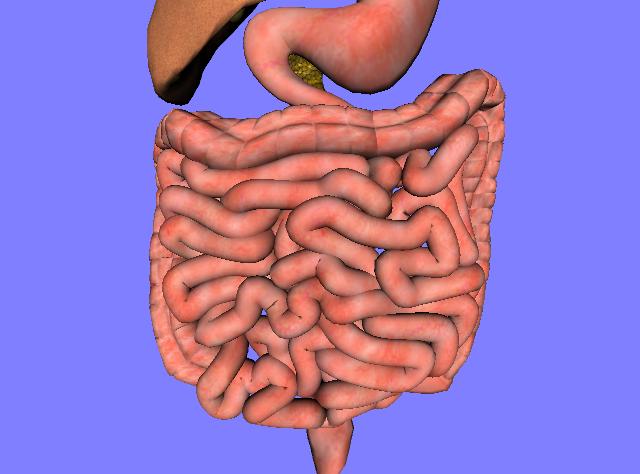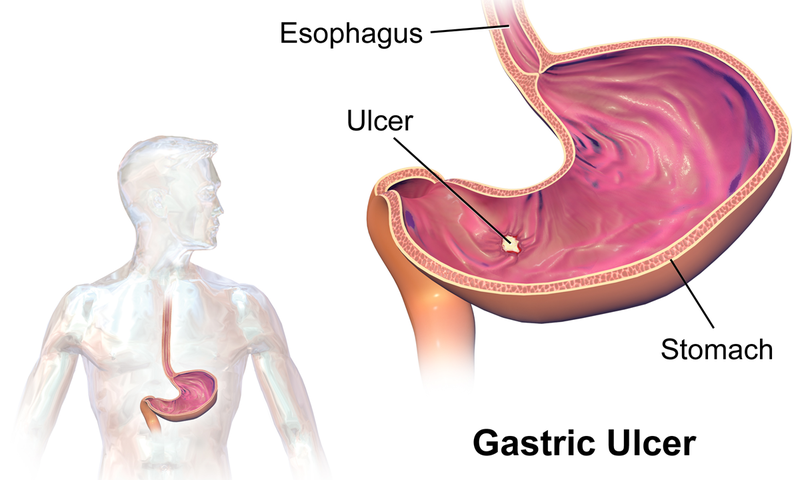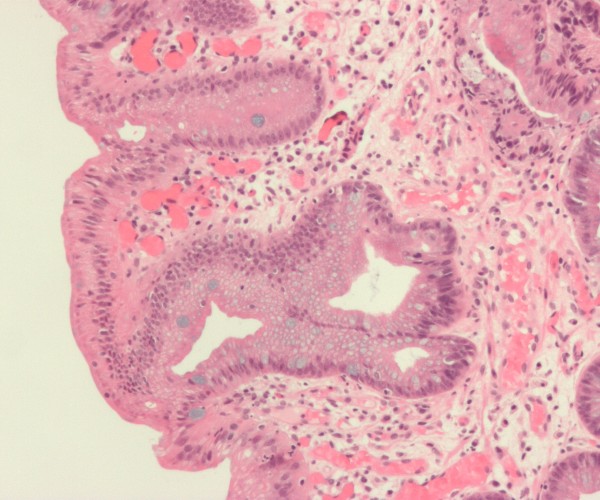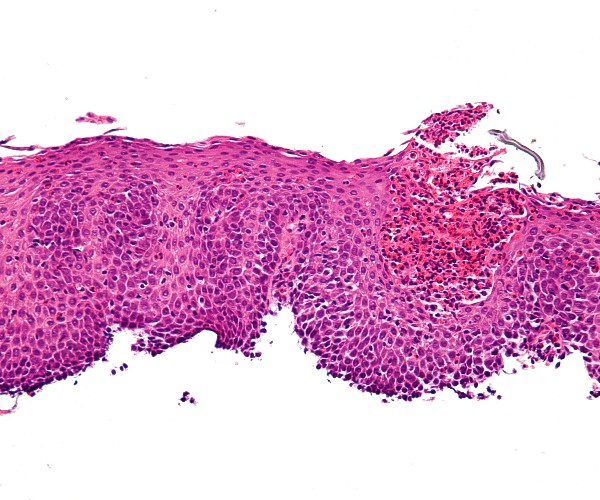The goal of obesity therapy is to enable reasonable weight loss. The obese may sometimes fail to halt the path to severe forms of obesity. This leads to a condition where body weight is no longer included in acceptable values and health risks become increasingly pressing.
In this case, bariatric surgery can be used, so after a series of investigations and after evaluation by the specialist team, those who are overweight can reduce their weight through surgery.
In the field of surgery bariatric there are many types of intervention with different effectiveness therapeutics and each characterized by specific clinical effects and complications. The technique to be adopted is the one that comes closest to the goal Of an ideal intervention.
The minimum criteria for the indication To bariatric surgery are:
- BMI > 40 kg/m²
- Age between 18 and 60 years
- Obesity of duration greater than 5 years
- Failure of attempts weight loss
- Absence of cause endocrine
- Absence of Pathology unrelated to obesity that increases operative risk
- Absence of Unrelated diseases that reduce life expectancy
- Absence of problems psychiatric
- Full availability of the long-term postoperative follow-up
In general, the criteria of choice should be based on:
- BMI
- Behavior food
- Psychological evaluation
- Age
- Sex
- Work activity
In order to make a careful assessment, it is necessary to carry out an “integrated” diagnostic evaluation of the obese person. An integrated treatment protocol has been established that also provides patients with psychological support. In addition, two types of interventions are distinguished: those aimed at reducing food intake and those aimed at reducing intestinal absorption.
Source: Handbook of Dietetics and Medical Nutrition by Franco Contaldo et al.




































































































